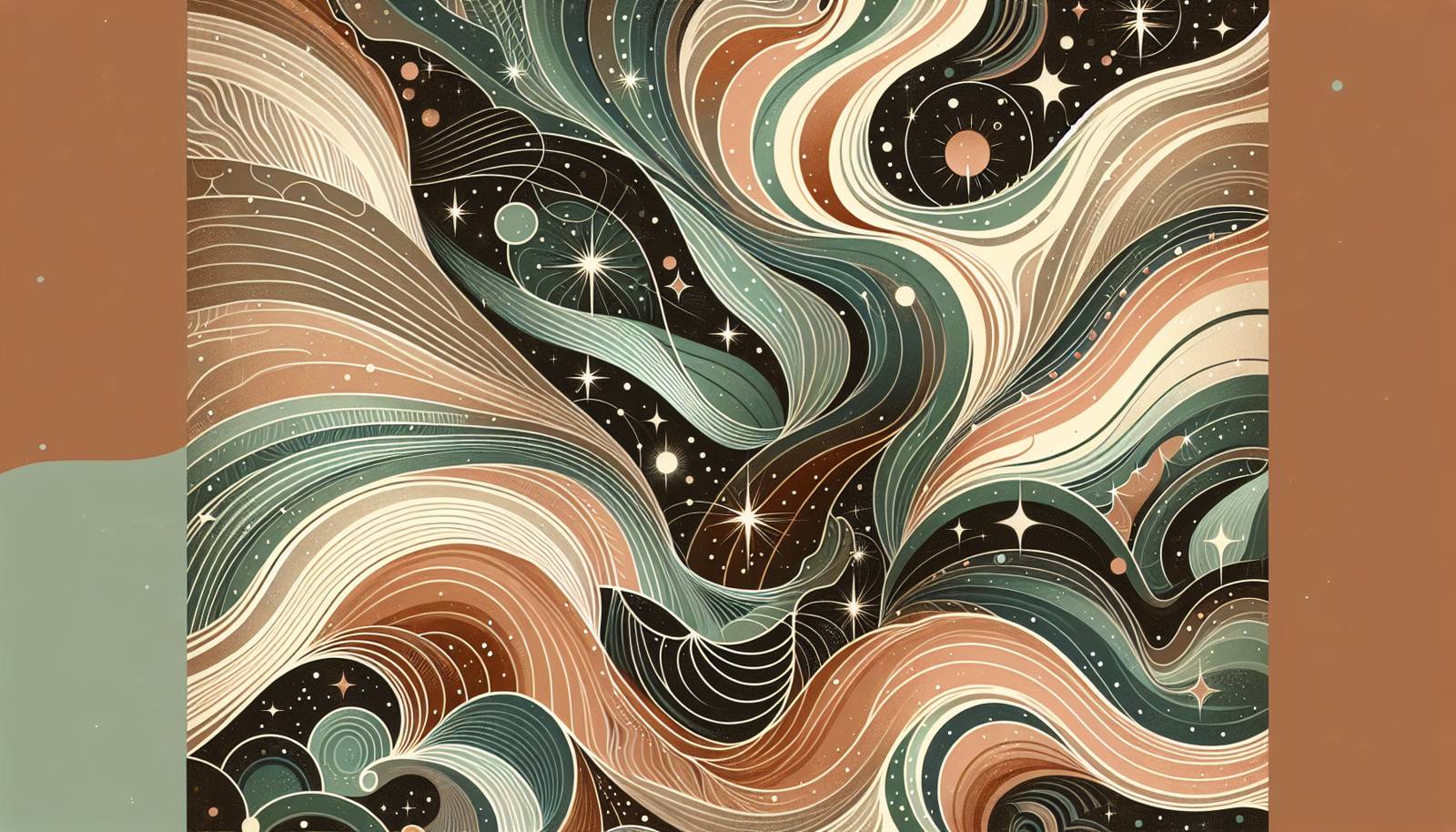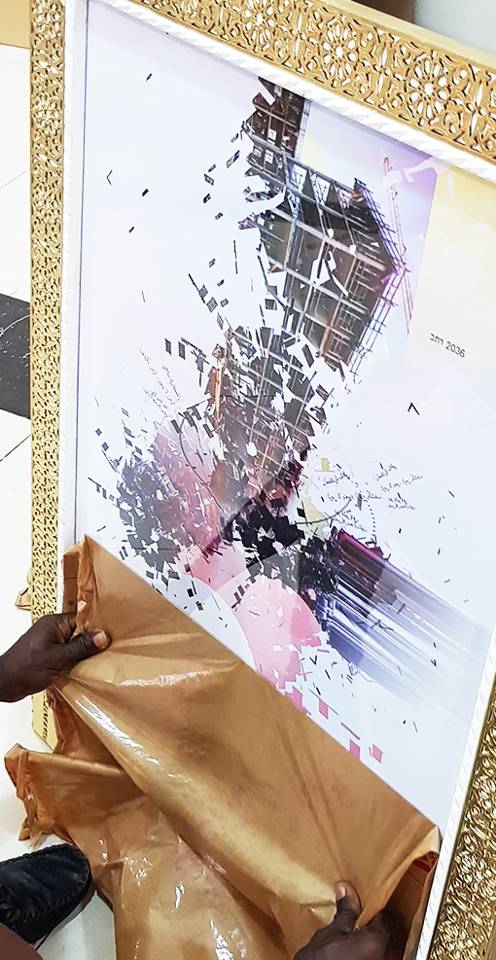
FAQ About The Role of Afro-Futurist Literature

What is Afro-Futurist literature?
Afro-Futurist literature is a genre that merges elements of science fiction, fantasy, and Afro-centric themes to explore the Black experience, history, and future possibilities. It often incorporates futuristic and speculative narratives that address social issues, technology, and race, highlighting the unique cultural heritage and future aspirations of African people and the diaspora.

How does Afro-Futurist literature address racial identity?
Afro-Futurist literature addresses racial identity by reimagining the future and past through the lens of the Black experience. It provides a platform to explore how racial identity can evolve in alternative realities, challenging existing stereotypes and empowering Black voices. Authors often create worlds where traditional racial dynamics are upended, allowing for exploration and introspection into what identity means when detached from historical oppression.

Who are some notable authors in Afro-Futurist literature?
Some notable authors in Afro-Futurist literature include Octavia Butler, known for her works such as Kindred; Nnedi Okorafor, author of Who Fears Death; and Samuel R. Delany, renowned for novels like Dhalgren. These authors have contributed significantly to the genre by exploring complex themes of race, science, and speculative futures through their storytelling.

What impact has Afro-Futurist literature had on mainstream science fiction?
Afro-Futurist literature has significantly impacted mainstream science fiction by bringing diverse perspectives into the genre. It has enriched sci-fi and fantasy with new narratives that focus on Black protagonists and culturally rich stories, leading to a broader representation of voices and experiences. This inclusion has also inspired other creators to explore more inclusive storytelling in mainstream media.

How does Afro-Futurist literature imagine alternative futures?
Afro-Futurist literature imagines alternative futures by challenging existing socio-political realities and creating worlds where African cultural elements play a central role. These narratives often depict technologically advanced societies, alternate histories, or utopias where Black people thrive and lead. By doing so, it not only offers a vision of hope and empowerment but also critiques current societal paths and inspires change.

What are some common themes in Afro-Futurist literature?
Common themes in Afro-Futurist literature include identity, technology, post-colonialism, mysticism, and liberation. These themes are often explored through speculative narratives that focus on the empowerment and future of African and African Diaspora cultures. By doing so, Afro-Futurist works transcend traditional storytelling to offer a new way to see the world and humanity's future.

Why is Afro-Futurist literature important in today's cultural landscape?
Afro-Futurist literature is crucial in today’s cultural landscape because it provides a platform for Black voices and experiences to be heard and valued, challenging traditional narratives. It encourages cultural pride and offers new ways of thinking about the future that include diverse identities. Moreover, it helps to foster understanding and appreciation of African heritage and its potential role in shaping the future.

How has technology influenced Afro-Futurist literature?
Technology has played a significant role in shaping Afro-Futurist literature, influencing both the themes and narratives explored. Many Afro-Futurist works imagine highly advanced societies where technology is deeply intertwined with African traditions and values. This blend allows for exploration of how technology can be used to empower individuals and communities, often in contrast to its historical use as a tool of oppression.

What misconceptions exist about Afro-Futurist literature?
One common misconception is that Afro-Futurist literature is solely focused on science fiction and fantasy. While these genres are a significant component, Afro-Futurist literature also encompasses other types of speculative and realistic narratives that explore identity, culture, and social issues. Another misconception is that it only reflects African American experiences, when it actually includes diverse stories from the entire African diaspora.

How does Afro-Futurist literature redefine traditional narratives?
Afro-Futurist literature redefines traditional narratives by centering Black voices and perspectives, often missing in mainstream literature. It shifts the focus to African and African Diaspora protagonists, offering unique cultural insights and speculative histories that challenge colonial and Eurocentric views. This reimagining of stories promotes a more inclusive understanding of world history and future potential.

What role does African culture play in Afro-Futurist literature?
African culture plays a central role in Afro-Futurist literature, serving as a foundation for exploring futuristic and speculative stories. Elements such as mythology, language, and traditions are woven into narratives to highlight the richness of African heritage. This cultural inclusion not only emphasizes the continuity and evolution of African traditions but also reclaims African cultural identity in global narratives.

Can you give examples of Afro-Futurist literature in other media like films or music?
Yes, Afro-Futurist themes are prevalent in various media, including films and music. For example, the film Black Panther is a significant representation, using a techno-savvy African nation as its setting to explore themes of identity and power. Musically, artists like Sun Ra and Janelle Monáe incorporate Afro-Futurist themes into their work, creating sonic landscapes that envision future possibilities and cultural pride.

How does Afro-Futurist literature challenge conventional science fiction tropes?
Afro-Futurist literature challenges conventional science fiction tropes by prioritizing Black voices and experiences and tackling race, identity, and power dynamics. Traditional sci-fi often overlooks these narratives, whereas Afro-Futurism places them at the forefront, providing diverse perspectives on global and social issues. This shift allows readers to consider alternative realities that are more inclusive and representative of all humanity.

What is the relationship between Afro-Futurist literature and Afrofuturism as a broader cultural movement?
Afro-Futurist literature is a part of the broader cultural movement known as Afrofuturism, which encompasses music, art, fashion, and philosophy. This movement seeks to reclaim Black identity and cultural narratives through futuristic and speculative lenses. The literature aspect provides stories and characters that exemplify these themes, contributing to the wider dialogue about identity, history, and future possibilities.

How does Afro-Futurist literature tackle issues of social justice?
Afro-Futurist literature addresses social justice by highlighting systemic inequalities and envisioning futures where justice and equality are central tenants. Through speculative narratives, authors examine issues such as racism, colonialism, and economic disparity, often proposing alternative solutions or realities where these problems are overcome. This imaginative exploration serves as both critique and inspiration for real-world change.

How do authors use Afro-Futurist literature to explore concepts of diasporic identity?
Authors use Afro-Futurist literature to explore diasporic identity by weaving stories that reflect the diverse experiences and histories of African-descended people scattered across the globe. These narratives often deal with themes of displacement, cultural heritage, and belonging, offering unique insights into how diasporic communities can connect with their roots and envision shared futures.

What role does gender play in Afro-Futurist literature?
Gender plays a crucial role in Afro-Futurist literature, with many works exploring themes of gender identity and empowerment. Authors often challenge traditional gender roles and depict women and non-binary characters as pivotal figures in their narratives. This focus highlights the intersection of racial and gender identities, promoting representation and equity within speculative dimensions.

Can Afro-Futurist literature be used as a tool for education?
Afro-Futurist literature can be an effective educational tool, allowing readers to explore complex social themes through engaging narratives. It provides a unique perspective on history, culture, and science, often inspiring discussions on race, identity, and technology. Educators can use these stories to promote critical thinking and multicultural awareness among students.

How has Afro-Futurist literature evolved over time?
Afro-Futurist literature has evolved by expanding its scope and diversifying its themes since its inception. Initially, it focused heavily on science fiction and fantasy realms, but it has grown to include a wider range of speculative and realistic narratives. Contemporary authors are integrating more nuanced discussions on political, environmental, and technological issues, making it relevant to modern audiences while retaining its core of cultural exploration.

Is Afro-Futurist literature only written by Black authors?
While Afro-Futurist literature primarily focuses on the Black experience and is most authentically created by Black authors, it is not exclusive to them. Writers from diverse backgrounds who respect and elevate Black voices and perspectives can contribute to the genre. However, it's essential for all authors to approach Afro-Futurism with sensitivity and a deep understanding of its cultural significance.
